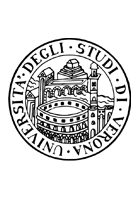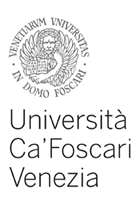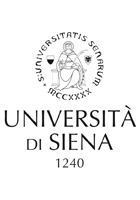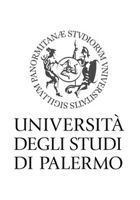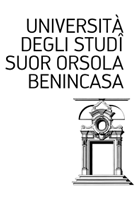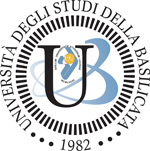The project
ALIM (Archivio della Latinità Italiana del Medioevo / Archive of the Italian Latinity of the Middle Ages) aims to provide free online access to all the Latin texts produced in Italy during the Middle Ages. For several centuries, in fact, Latin represented the only language in which, in addition to historical documentation, many of the major creations of thought, science, and literature of the Middle Ages were expressed. Even when national languages imposed themselves in written form, Latin never lost its role and prestige as transnational language ̶ until the end of the Middle Ages and beyond.
The research project, born in the Nineties and still ongoing, focuses on the texts produced in Italy between the 8th and the 15th century. Its original purpose is to integrate the linguistic information which, for the previous centuries, is made available in the Dictionary of Medieval Italian Latinity, promoted by the Unione Accademica Nazionale (National Academic Union) under the guidance of Francesco Arnaldi and Pasquale Smiraglia (Latinitatis Italicae Medi Aevii lexicon, saec. V ex. – saec. XI in., Editio altera, SISMEL – Edizioni del Galluzzo, Florence 2001). Also the ALIM project enjoys the support of the Unione Accademica Nazionale, and, in addition to providing critically reliable texts grouped in Collections for the use of philologists, historians of literature, historians of institutions, culture, and science of the Middle Ages, aims to produce useful material for a dictionary of European Medieval Latin, promoted by the Union Académique Internationale of Bruxelles. The ultimate goal of the latter project is to collect and unify the lexicons produced by all the European states for their own medieval Latin texts. Taking into account the lexicographic purpose of the project, the archive has recently been expanded to include a non-literary textual genre, i.e. the rich public and private documentary production of the 8th-15th centuries, starting from those already published in the diplomatic collections such as the Codex diplomaticus Cavensis (1873-1990) and the Documenti per la storia di Arezzo, edited by U. Pasqui. Textual analysis is facilitated by research tools such as a proximity search engine, and the Lexicon software, developed by Luigi Tessarolo and based on a project of Francesco Stella. The latter is an implementation of the Analisi lessicale software designed by Carboni-Poli for Windows 98, which also allows to get and process frequency indexes and diagrams, as well as overlap and exclusivity level of the linguistic forms found in the texts under inspection. ALIM sponsored also the development of EVT, a software for visualizing digital editions by Roberto Rosselli Del Turco and his team . This software has firstly been applied to the born-digital editions of Latin texts produced in Italy by Germanic peoples (Edictum Rothari).
The ALIM work programme, which also includes further research projects and meetings on philology, textual criticism, literary history and Digital Humanities (see the News page), has been carried out with the support of the Consiglio Nazionale della Ricerche / Research National Council (CUN), of the Unione Accademica Nazionale (UAN), as well as of all the involved universities. Moreover, it was financed by the Italian Ministry of Education, University, and Research (Miur) through the following research projects:
PRIN 1996 (coordinator: Giovanni Polara); PRIN 1997, 1999, 2001, 2003 (coordinator: Gian Carlo Alessio); 2005 (coordinator: Antonio De Prisco) 2009 (coordinator: Gian Carlo Alessio), 2012-16 (coordinator: Francesco Stella); 2017 (coordinator: Edoardo D’Angelo).
The following research units are currently collaborating on the project:
University of Verona (Antonio de Prisco)
University of Suor Orsola Benincasa (Edoardo d’Angelo, national coordinator)
University of Palermo (Giorgio di Maria)
Ca’ Foscari University of Venice (Marina Buzzoni)
University of Siena-Arezzo (Francesco Stella)
University of Basilicata (Fulvio Delle Donne)
*Committee for the Dictionary of Medieval Latin (Dizionario del Latino Medievale), Unione Accademica Nazionale: Pasquale Smiraglia (President), Gian Carlo Alessio, Michele Di Marco, Giovanni Polara, Manlio Simonetti, Antonio de Prisco (Secretary).
** Staff of the ALIM Project: see CONTRIBUTORS
